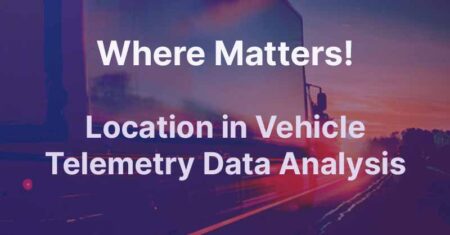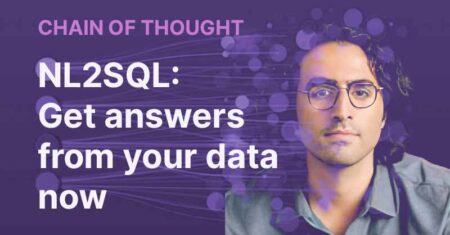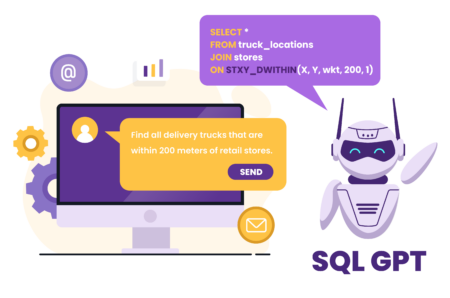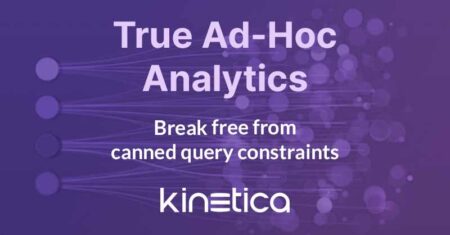What's New
Go to:Since their inception, databases had been designed with the notion of compute being a scarce resource. So they organized data in advanced data structures, on disk and in memory, so that when the query comes in, you’re using as little compute resources as possible. The onset of the GPU as a general compute device marked…
The proliferation of sensors in automobiles has ushered in a new era of data-rich vehicles, offering immense benefits in terms of analyzing this wealth of information and creating data-driven products and features. Modern connected vehicles are equipped with a multitude of sensors, including those for engine performance, safety, navigation, and connectivity. These sensors continuously generate…
Generative AI has raised people’s expectations about how soon they can get answers to the novel questions they pose. What amazes them first is how fast GenAI responds to them. When people see this, they wonder why they can’t have a similar experience when asking questions about their enterprise data. They don’t want to have…
Every so often, there emerges a technological breakthrough that fundamentally shifts the way we interact with the world—transforming mere data points into a narrative that elevates human experience. For decades, the realm of big data analytics has been a daunting landscape for most lay business users, navigable only by a team of specialists, comprising analysts,…
Many database vendors often boast about their support for ad-hoc querying and analytics, but in practice, true ad-hoc capability remains elusive. While the term “ad-hoc” implies the ability to generate novel, unanticipated questions on the fly, the reality is that most databases require that data requirements be well-defined in advance. These requirements are then used…













